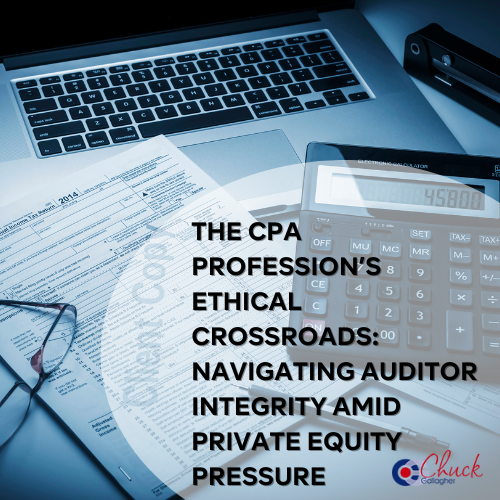 In a move that has sent shockwaves through the business and legal communities, President Donald Trump recently signed an executive order halting the enforcement of the Foreign Corrupt Practices Act (FCPA). This 1977 legislation has long served as a bulwark against corporate bribery of foreign officials, ensuring that American businesses operate with integrity on the global stage.
In a move that has sent shockwaves through the business and legal communities, President Donald Trump recently signed an executive order halting the enforcement of the Foreign Corrupt Practices Act (FCPA). This 1977 legislation has long served as a bulwark against corporate bribery of foreign officials, ensuring that American businesses operate with integrity on the global stage.
The Ethical Implications of Non-Enforcement
At its core, the FCPA was designed to prevent U.S. companies from engaging in unethical practices abroad. By suspending its enforcement, we risk normalizing bribery as a standard business tactic. This not only tarnishes the reputation of American enterprises but also undermines the ethical foundations upon which they are built.
Potential Consequences
Erosion of Trust: Stakeholders, including investors, employees, and consumers, may lose faith in companies perceived to be engaging in corrupt practices.
Legal Repercussions: While the FCPA’s enforcement is paused, other international anti-bribery laws remain active. Companies could still face significant penalties abroad.
Market Instability: Corruption can lead to unpredictable market conditions, deterring fair competition and discouraging ethical businesses from entering certain markets.
A Call to Uphold Ethical Standards
As a business ethics keynote speaker and author, I, Chuck Gallagher, have witnessed firsthand the devastating effects of ethical lapses. It’s imperative that organizations remain steadfast in their commitment to integrity, regardless of regulatory changes. Upholding ethical standards is not just a legal obligation but a moral one that defines the character of our businesses and, by extension, our nation.
Strategies for Ethical Compliance
Robust Internal Policies: Develop and enforce comprehensive anti-bribery policies within your organization.
Continuous Training: Regularly educate employees on ethical practices and the importance of compliance.
Transparent Reporting: Foster a culture where unethical behavior can be reported without fear of retaliation.
Conclusion
The suspension of the FCPA’s enforcement presents a crossroads for American businesses. Will we choose the path of ethical integrity, or succumb to the temptations of corruption? The choice we make will resonate for generations to come.
Reflective Questions:
How can businesses maintain ethical practices in regions where corruption is prevalent?
What role do corporate leaders play in setting the ethical tone of their organizations?
How might the suspension of the FCPA influence global perceptions of American businesses?
I invite readers to share their thoughts and questions on this critical issue. Let’s engage in a meaningful dialogue to uphold the ethical standards that define us.
Chuck Gallagher is a business ethics keynote speaker and author, dedicated to promoting integrity in the corporate world.


